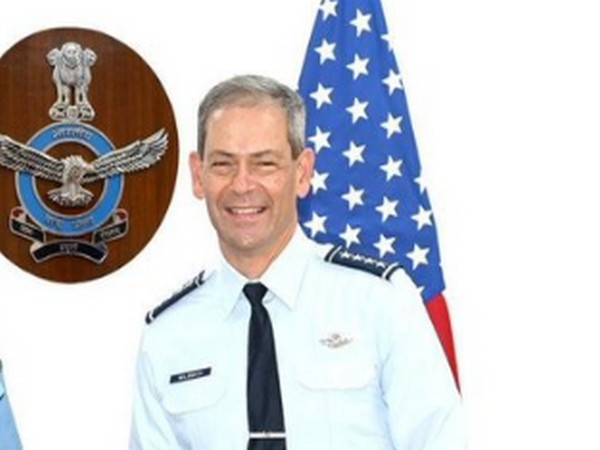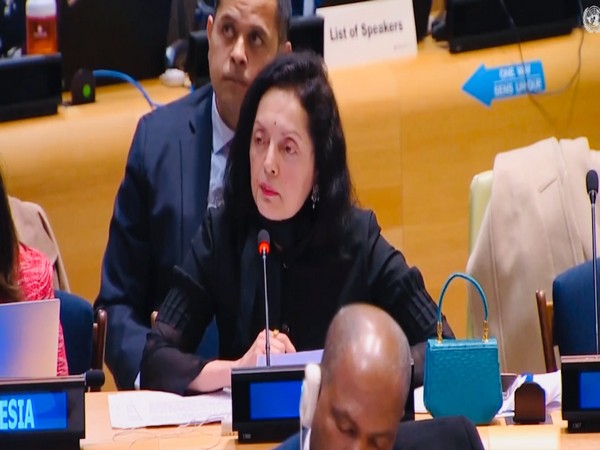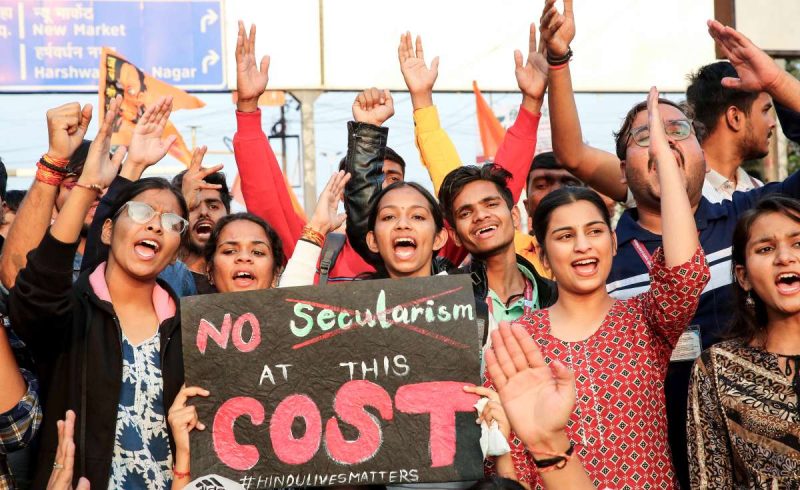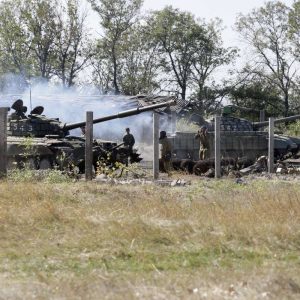The first phase of the exercise commenced on Monday. This phase of the exercise will focus on air mobility and will involve the transport of aircraft and Special Forces assets from both the Air Forces…reports Asian Lite News
India and the US held discussions over the Chinese spy balloons that were shot down by the American Air Force recently after being detected at a very high altitude there carrying out suspicious activities.
Asked whether the issue of the Chinese Spy balloon incident came up for discussions with Indian officials, Pacific Air Force Commander General Kenneth S. Wilsbach said, “He had very ‘brief’ conversations and dialogue with most of the air chiefs in the region, shortly after within few weeks after it was shot down by the United States down the Coast of South Carolina.”
Also, speaking about the incident, the Commander added that any country that would violate the sovereignty of another country should cause concern to us.
“Certainly, we had some dialogue on it. We have very briefly, I wouldn’t say it was extensive but had very brief conversations with most of the air chiefs in the region. It wasn’t public but rather private comments behind closed doors,” he said.
“I would like to discuss, something that should concern those of us who value a free and open Indo – Pacific..The sovereignty of your air space and the fact that we believe that your air space in India is your sovereign space and that you should decide who you get to fly into it. And when you have countries that don’t necessarily agree with that and they just decide to violate your sovereignty and fly in it, whether it’s your air space or ours or Canada’s as you are referring to the Balloon that eventually got shut down off the Coast of South Carolina”, said the Commander.
“Any country that would violate the sovereignty of another country’s airspace, who is not abiding by the international law or norms should cause concern for us and that is something that we as nations that believe in the rule of law should emphasize to the foundations that should abide by the rule of law and we should have discussions to encourage them to comply with that international law so that we don’t have areas that could turn into a very big miscalculation”, he added.
In February, the U.S. fighter jets shot down the suspected Chinese spy balloon that had drifted across the United States for several days bringing an end to the opening chapter of a tense public standoff with Beijing over the intrusion into U.S. airspace.
Speaking about Exercise Cope India 23, a bilateral Air Exercise between the Indian Air Force (IAF) and the United States Air Force (USAF), the Commander said that he is excited about that which will see air crafts and personnel training together. The Commander also highlighted that for the first time, B1 Bombers will be part of the exercises too along with a minimum of 4 F-15Es, C-17 and 2 C-130s.
“This is my fourth trip to India since I have been in the air force. It is an honour to be back. I really work on the overall objective towards the United States Indo-Pacific command and for free and open Indo-Pacific and one of the methods by which we do that is to work with allies and partners which brings us here in India and we had a number of opportunities to have training opportunities and subject matter expert exchanges with Indian air force”, he said.
“This week we are very excited that Cope India will be going on and we will have several of our aircraft and many of our personnel here in India, training together. It is an opportunity to be able to prove our interoperability and to share tactics, techniques and procedures and what is very exciting about this particular Cope India is the induction of some of our Bombers that will be here later in the week”, he added.
Exercise Cope India 23 is being carried out at Air Force Stations Arjan Singh (Panagarh), Kalaikunda (West Bengal) and Agra in UP. The exercise aims to enhance mutual understanding between the two Air Forces and share their best practices.
The first phase of the exercise commenced on Monday. This phase of the exercise will focus on air mobility and will involve the transport of aircraft and Special Forces assets from both the Air Forces.
Both sides will field the C-130J and C-17 aircraft, with the USAF operating an MC-130J.
The exercise also includes the presence of Japanese Air Self Defence Force aircrew, who will participate in the capacity of observers.













